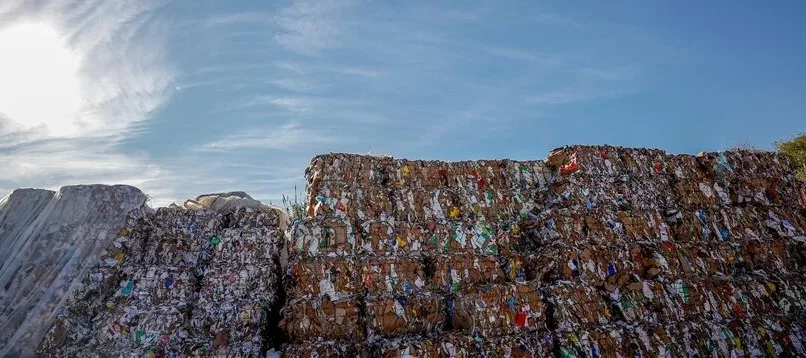March 30 is recognized as International Zero Waste Day, marking a pivotal moment in our collective journey toward sustainability and environmental stewardship. This day underscores the importance of reevaluating our consumption habits, advocating for sustainable waste management practices, and fostering a global culture of resource conservation. As we commemorate International Zero Waste Day, we are reminded of the critical role that each individual and community plays in mitigating the environmental crises that threaten our planet.
Collective effort: Zero waste
The establishment of the secretary-general’s Advisory Board of Eminent Persons on Zero Waste is a testament to the global commitment to this cause. Announced during the General Assembly on March 30, 2023, the board was created to catalyze global action towards achieving zero waste, an initiative that aligns with the broader objectives of the Sustainable Development Goals (SDGs).
Under the leadership of Emine Erdogan, the first lady of Türkiye and chair of the board, and with the support of the UN Human Settlements Program (UN-Habitat) and United Nations Environment Program (UNEP) serving as the secretariat, this distinguished council has embarked on a mission to promote, support, and implement zero waste practices worldwide.
As deputy chair of this esteemed board, I am honored to contribute to our collective efforts to address the pressing environmental challenges of our time. Our work focuses on showcasing successful zero-waste initiatives, raising awareness about the importance of waste reduction, and encouraging the adoption of sustainable practices at local and national levels.
Following the establishment of the council, significant progress has been made, including the convening of 2 sessions, with the 2nd session taking place in Istanbul. These gatherings have been instrumental in defining our strategic direction. One of the first outcomes is the Zero Waste Thematic Briefs; these documents provide a targeted exploration of specific issues within the zero-waste spectrum, such as managing plastic pollution, construction, and electronic waste, and promoting just transition and reuse and refill systems.
In addition to our dedicated efforts within the Advisory Board, the leadership of Emine Erdogan has led to the founding of the Zero Waste Foundation. This initiative aims to extend the work of the Advisory Board, establishing a long-term platform for the development of comprehensive zero-waste projects, including the creation of a Zero Waste Institute, a Zero Waste Fund, and a Zero Waste Business Coalition. This visionary approach underscores the depth of commitment and the broad scope of action required to advance our zero-waste agenda.
Sustainable development goals
Transitioning to the broader objectives that our zero-waste initiatives support, it becomes clear that this endeavor is intrinsically linked to the Sustainable Development Goals. Zero waste principles are fundamental to achieving several key SDGs, including responsible consumption and production (SDG 12), climate action (SDG 13), life below water (SDG 14), and land (SDG 15). By addressing waste management, we also contribute to goals focused on health (SDG 3), sustainable cities (SDG 11), and partnerships for the goals (SDG 17).
The path to achieving all 17 SDGs by 2030 demands a comprehensive and integrated approach. Key strategies include:
• Enhanced Global Cooperation: Strengthening international collaboration to share knowledge, resources, and best practices across borders,
• Inclusive Economic Growth: Promoting policies and practices that ensure economic development is both sustainable and inclusive, providing opportunities for all,
• Sustainable Innovation: Encouraging the development and adoption of innovative solutions that harmoniously address environmental, social, and economic challenges,
• Education and Awareness: Investing in education and awareness campaigns to empower individuals and communities with the knowledge to make sustainable choices,
• Strengthened Policy Frameworks: Advocating for robust policy frameworks that support the implementation of sustainable practices across all sectors.
As we move forward, the board’s commitment to publicizing best practices, advocating for zero-waste initiatives, and raising global awareness remains paramount. The establishment of the Zero Waste Foundation further enriches our capacity to undertake deep, impactful work, setting a solid foundation for future endeavors.
In conclusion, the synergy between zero-waste initiatives and the broader spectrum of SDGs highlights the interconnected nature of our environmental, economic, and social challenges. Achieving the 17 objectives by 2030 requires an unwavering commitment to sustainability, innovation, and collaboration. Through our concerted efforts, we can pave the way for a more sustainable world in which zero waste is not just a goal but a reality. (The author is deputy chair of the UN secretary-general’s Advisory Board of Eminent Persons on Zero Waste). ( Curtsey: Anadolu )


